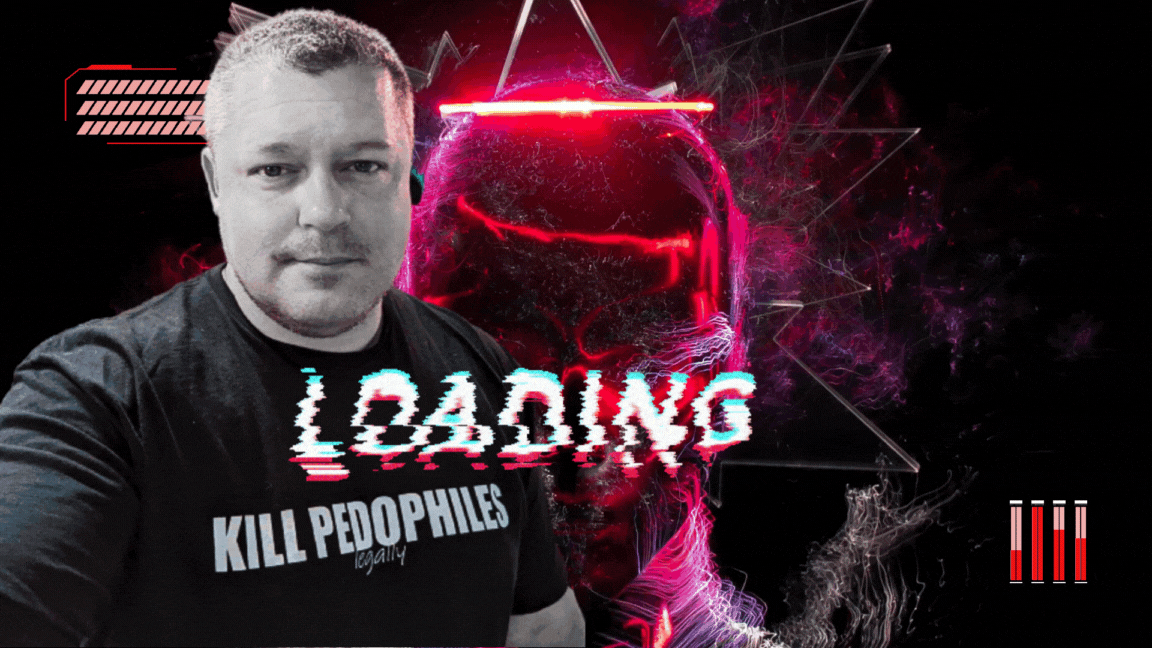Did Facebook Give Democrats the Upper Hand? – The Atlantic
They’ve done a very similar experiment before, and the results were significant. In a paper published earlier this year in Nature, Fowler and his colleagues announced that a #Facebook message and behavior-sharing communication increased the probability that a person votes by slightly more than 2 percent. That may not seem like a huge effect, but when you have a huge population, as Facebook does, a small uptick in probability means substantial changes in voting behavior.
How Facebook and Google’s Algorithms Are Affecting Our Political Viewpoints
Facebook confirmed in a paper in Science that it often shows users news from users with similar political beliefs, and on average, you’re about 6 percent less likely to see content that the other political side favors. This means that who you’re friends with and their political beliefs influence what you see more than th algorithm does.
What happens, though, if such technologies are misused by the companies that own them? A study by Robert M Bond, now a political science professor at Ohio State University, and others published in Nature in 2012 described an ethically questionable experiment in which, on #election day in 2010, Facebook sent ‘go out and vote’ reminders to more than 60 million of its users. The reminders caused about 340,000 people to vote who otherwise would not have. Writing in the New Republic in 2014, Jonathan Zittrain, professor of international law at Harvard University, pointed out that, given the massive amount of information it has collected about its users, Facebook could easily send such messages only to people who support one particular party or candidate, and that doing so could easily flip a close election – with no one knowing that this has occurred. And because advertisements, like search rankings, are ephemeral, manipulating an election in this way would leave no paper trail.




0 Comments